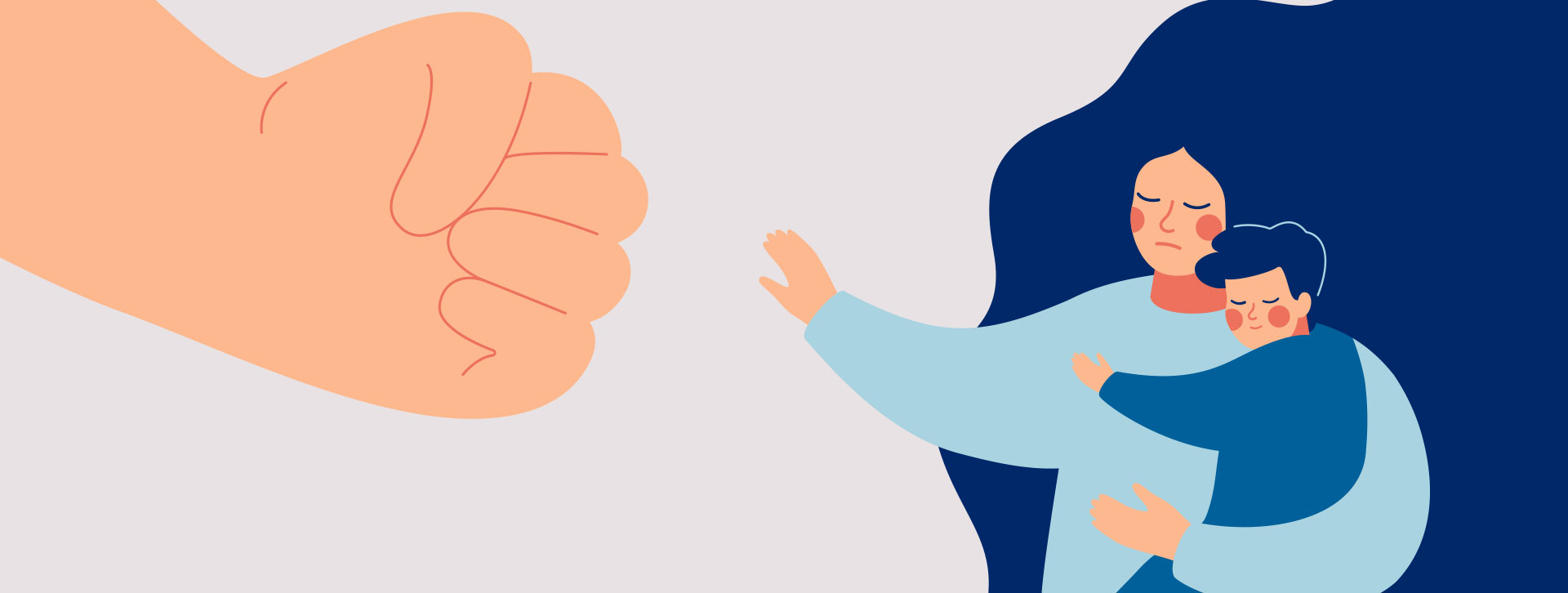Domestic abuse is a pernicious issue, one that often remains hidden behind closed doors, shrouded in silence.
When you suspect someone close to you is enduring such trauma, approaching the conversation requires sensitivity, tact, and a genuine desire to help. This article offers guidance on how to broach this delicate topic, ensuring the victim feels supported, validated, and safe.
Continue reading “Talking to Someone Suspected of Experiencing Domestic Abuse”
 Blog
Blog








